Remote healthcare tech could save money and lives
MPs call for greater use of technology to remotely diagnose patients following successful trial.
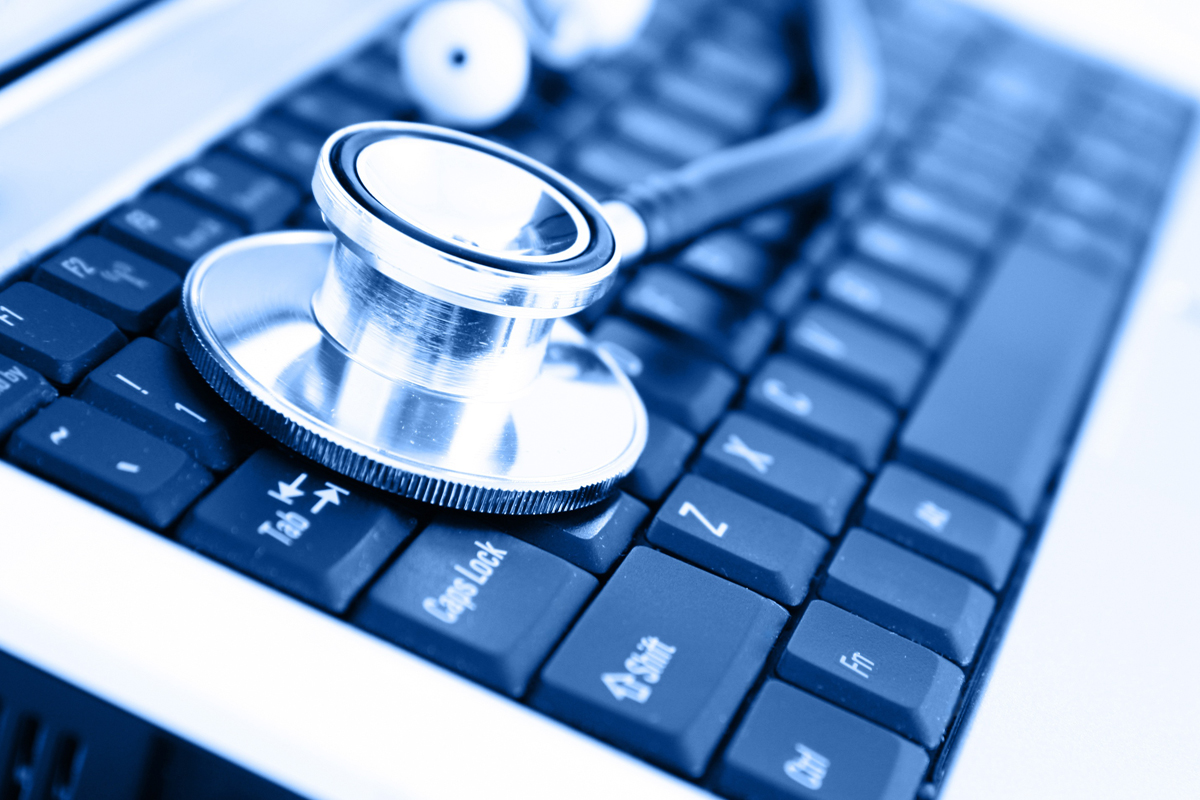

An initiative to promote the use of remote healthcare in the NHS has been welcomed by MPs and experts.
The new plan to implement telehealth and telecare could accelerate after a Department of Health trial showed such schemes can reduce emergency hospital visits and death rates.
There is a real opportunity for increased use of telehealth/telecare to deliver better outcomes for those whose wellbeing is dependent upon health and social care services, and to do this at reduced cost.
The trial found, when used correctly, telehealth and telecare reduced visits to accident and emergency by 15 per cent, as well as delivering a 20 per cent reduction in emergency admissions, a 14 per cent reduction in elective admissions, a 14 per cent reduction in bed days and an eight per cent reduction in tariff costs. Perhaps most strikingly, such technology use could also bring about a 45 per cent reduction in mortality rates.
"With healthcare being one of the biggest costs to the public purse the Government should be congratulated for accelerating the roll out of telehealth and telecare," said EURIM Director and MP for Stevenage Stephen McPartland.
He added that it was essential that technology is used in the most efficient way possible to save money and "ensure high quality patient care is delivered most efficiently."
McPartland warned that in rolling out these services Government must be aware of the difficulties at any early stage to ensure they are ironed out. "This expert group will aim to advise on how to best accelerate the roll out of telehealth and telecare services whilst avoiding some of the pitfalls."
Get the ITPro daily newsletter
Sign up today and you will receive a free copy of our Future Focus 2025 report - the leading guidance on AI, cybersecurity and other IT challenges as per 700+ senior executives
To achieve this level of change the Department of Health is planning to work with industry, the NHS, social care and professional partners as part of a campaign entitled the "Three Million Lives" campaign.
NHS doctor and Member of the Parliamentary Health Select Committee Dr Dan Poulter MP, who is part of the working group along with director of business change at Birmingham City Council, Glyn Evans, said that if the NHS was to provide the best patient care at the best value to the taxpayer it "is essential that we get it right from the outset."
Evans added: "There is a real opportunity for increased use of telehealth/telecare to deliver better outcomes for those whose wellbeing is dependent upon health and social care services, and to do this at reduced cost. But a simplistic approach will not deliver, and the working group will help identify some of the tricky issues and, more importantly, propose how they can be addressed."
The working group will meet for the first time later today.
Rene Millman is a freelance writer and broadcaster who covers cybersecurity, AI, IoT, and the cloud. He also works as a contributing analyst at GigaOm and has previously worked as an analyst for Gartner covering the infrastructure market. He has made numerous television appearances to give his views and expertise on technology trends and companies that affect and shape our lives. You can follow Rene Millman on Twitter.
-
 Meta just revived plans to train AI models using European user data
Meta just revived plans to train AI models using European user dataNews Meta has confirmed plans to train AI models using European users’ public content and conversations with its Meta AI chatbot.
By Nicole Kobie
-
 AI is helping bad bots take over the internet
AI is helping bad bots take over the internetNews Automated bot traffic has surpassed human activity for the first time in a decade, according to Imperva
By Bobby Hellard
-
 NHS leaders are keen to adopt new digital tools, but IT can't solve problems on its own
NHS leaders are keen to adopt new digital tools, but IT can't solve problems on its ownA survey of healthcare decision-makers finds they believe IoT devices and electronic health recording could help them reach more patients quicker
By Emma Woollacott
-
 How a paperless approach cut wasted staff hours at Bradford Teaching Hospitals Trust
How a paperless approach cut wasted staff hours at Bradford Teaching Hospitals TrustCase study Through DrDoctor’s digital portal for patient appointments and advice, the Rheumatology team at Bradford Teaching Hospitals NHS Foundation Trust has dramatically cut
By Peter Ray Allison
-
 Healthcare’s next chapter
Healthcare’s next chapterwhitepaper Revolutionizing how you care with EPR experts you can trust
By ITPro
-
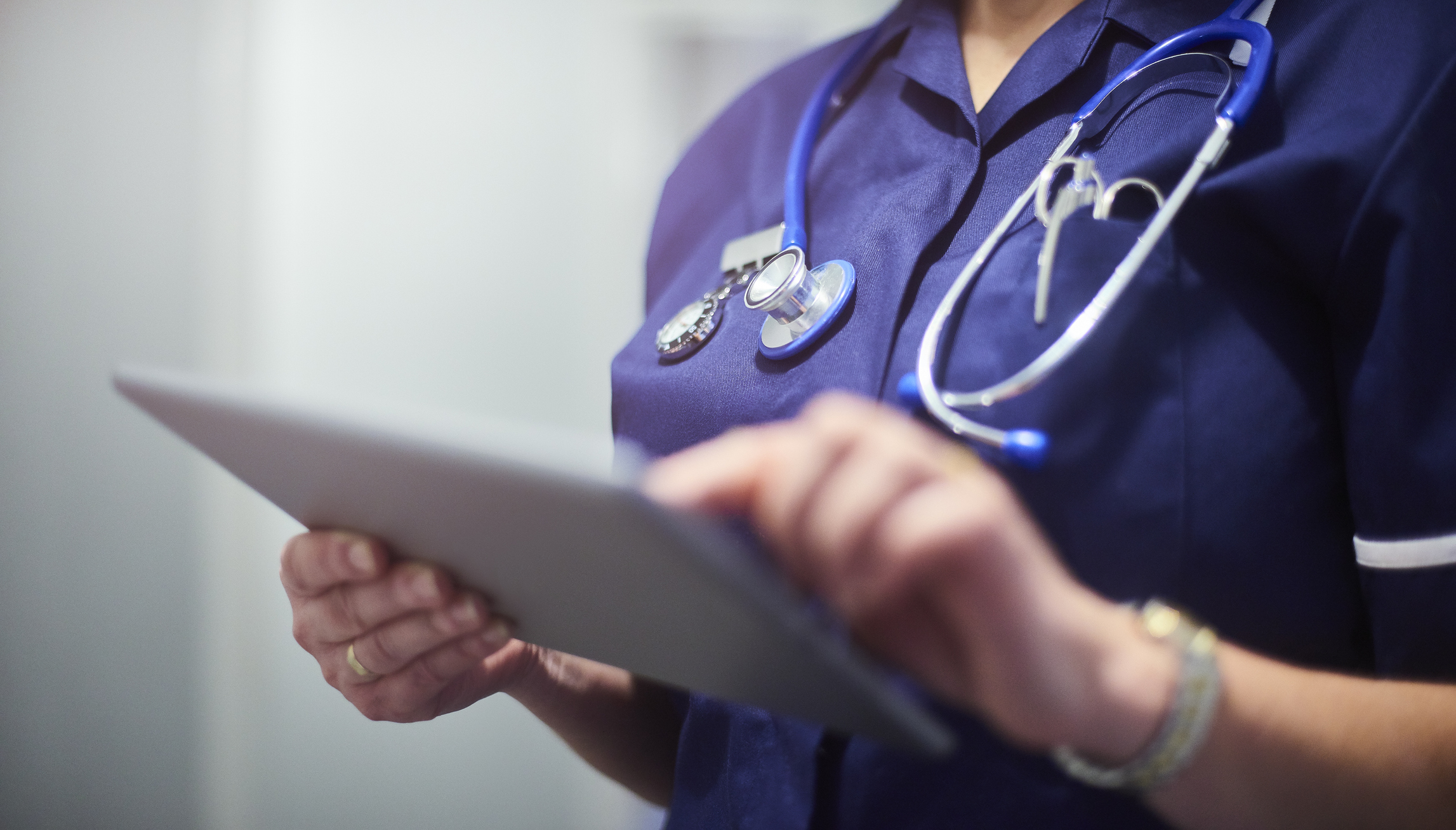 How digital experience management helped an NHS trust improve productivity
How digital experience management helped an NHS trust improve productivityCase study Princess Alexandra Hospital NHS Trust used digital experience management to cut device failure and restore time to clinicians
By Rene Millman
-
 Will the NHS Federated Data Platform transform UK healthcare?
Will the NHS Federated Data Platform transform UK healthcare?In-depth Plans to create a data platform in partnership with the private sector could revolutionize NHS treatment, but concerns over data privacy and security are festering
By Jonathan Weinberg
-
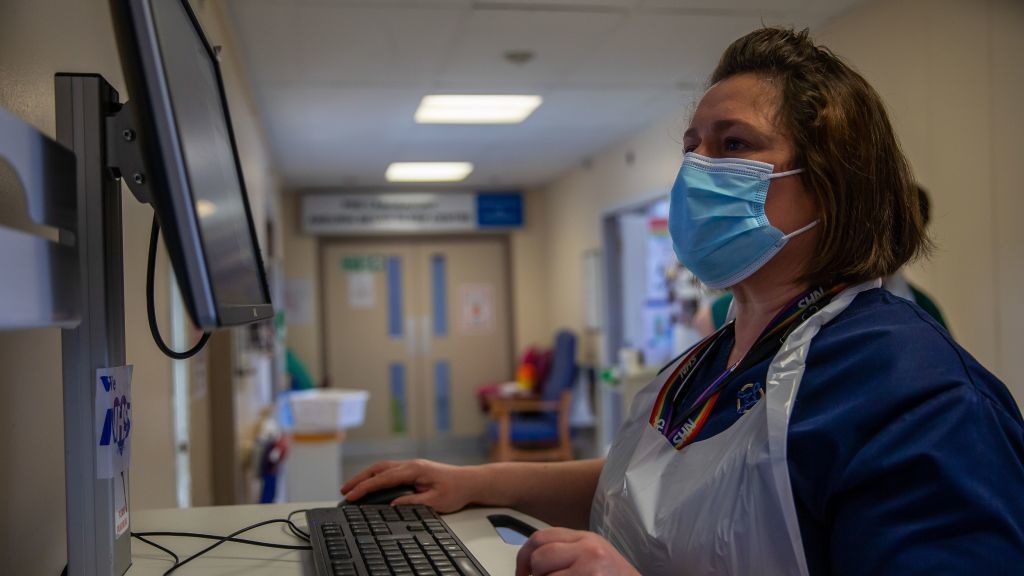 NHS IT issues costing doctors more than 13 million hours annually
NHS IT issues costing doctors more than 13 million hours annuallyNews Doctors warn that ageing IT infrastructure is impacting patient care and clinical outcomes
By Ross Kelly
-
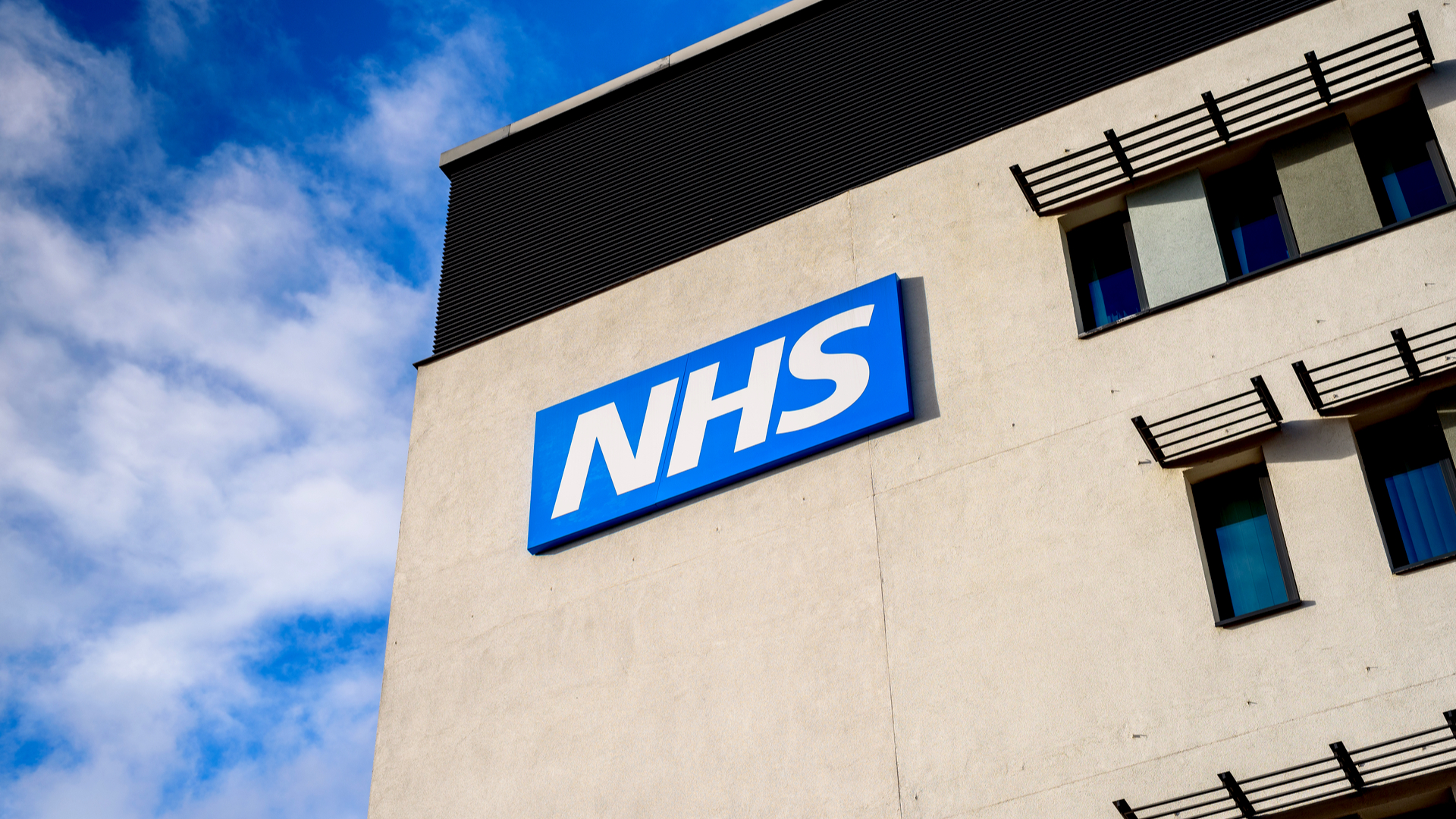 Automation is helping the NHS clear its patient backlog, but not as quickly as expected
Automation is helping the NHS clear its patient backlog, but not as quickly as expectedAnalysis The healthcare service's big bet on robotic process automation is making 'impactful' but slow progress
By Connor Jones
-
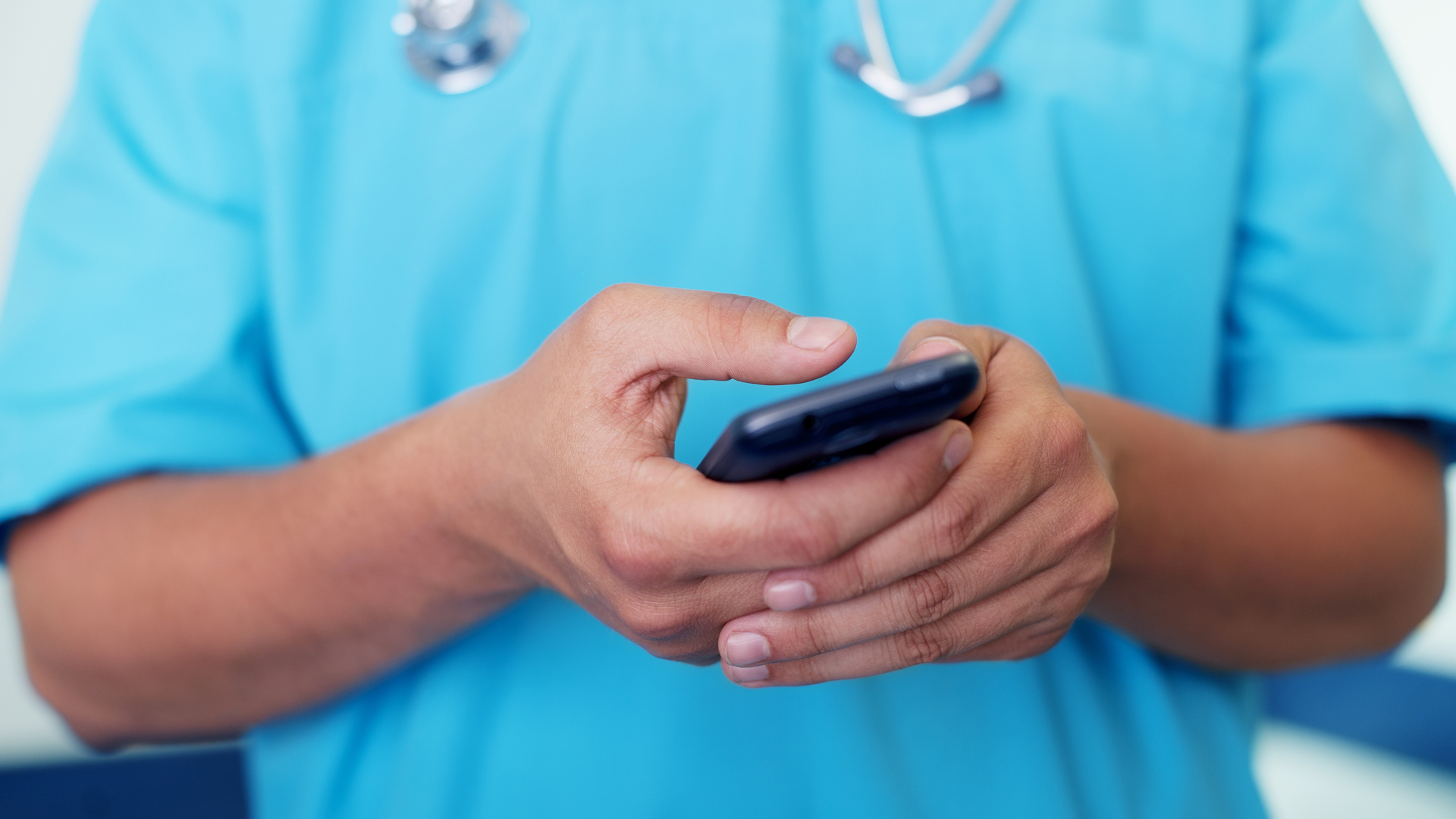 DHSC sets out ambitious targets for NHS App by 2023, beyond
DHSC sets out ambitious targets for NHS App by 2023, beyondNews Ongoing NHS digitisation efforts will form backbone of the new system
By Rory Bathgate